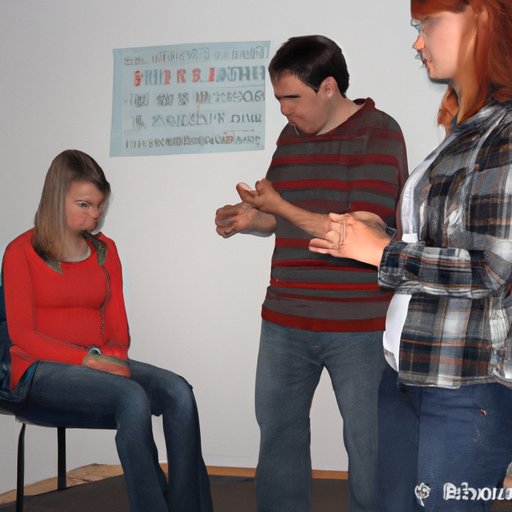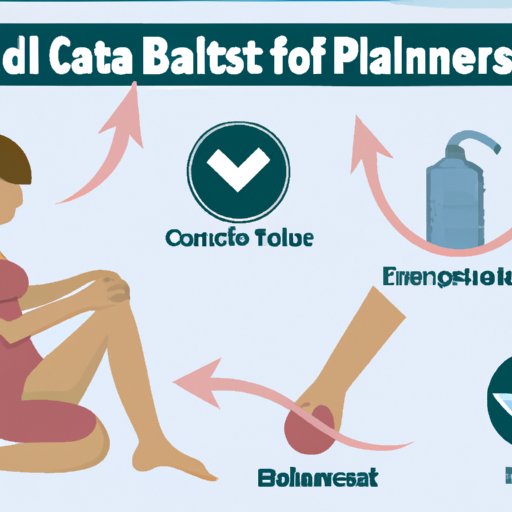
Introduction
Balanitis is a common condition affecting men characterized by an inflammation of the foreskin and head of the penis. Symptoms include redness, itching, swelling, and discharge. The importance of proper diagnosis and prompt treatment cannot be overstated as untreated balanitis may lead to complications such as phimosis and penile cancer.
Understanding Balanitis Symptoms and Causes: A Guide to Diagnosing the Condition
Balanitis presents with a variety of symptoms including redness, tenderness, discharge, and painful urination. Common causes include poor hygiene, skin conditions, and infections. It is important to see a healthcare provider for a proper diagnosis as the symptoms of balanitis may be similar to other conditions, and a correct diagnosis will help determine the appropriate treatment plan.
Natural Remedies for Balanitis: Effective Treatments to Alleviate Discomfort
A variety of natural remedies may alleviate the discomfort of balanitis. Applying a warm compress to the area may help reduce inflammation, while tea tree oil and coconut oil have shown promise as natural antibacterial and anti-inflammatory agents. It is important to note that natural remedies may interact with other medications and that proper precautions should be taken when using them.
Topical Treatments for Balanitis: A Guide to Over-the-Counter and Prescription Medications
Topical treatments such as hydrocortisone cream and antifungal medications are effective in treating balanitis. Over-the-counter medications such as Lotrimin and Monistat are readily available at drugstores, while prescription-strength medications may be necessary for severe cases. It’s essential to read and follow label instructions, apply medication correctly, and complete the entire course of treatment.

How to Prevent Balanitis: Tips for Keeping Your Genital Area Clean and Healthy
Keeping the genital area clean and healthy with good hygiene practices may prevent balanitis from developing. The genital area should be cleaned daily with warm water and soap, and one should avoid using harsh chemicals or perfumed products. Men should wear loose-fitting clothing, change their underwear daily, and avoid sharing towels or other personal items. Using condoms also helps reduce the risk of sexually transmitted infections, which can contribute to the development of balanitis.
Balanitis in Children: How to Recognize and Treat the Condition in Young Boys
Balanitis can affect boys of all ages, and it is essential to recognize and treat the condition quickly to prevent complications. Common causes of balanitis in children include poor hygiene, allergies, and skin conditions. Treatment includes gentle cleaning, applying creams, and, in some cases, circumcision. Parents should consult their child’s healthcare provider for guidance on the proper treatment plan for their child.
Balanitis and Sex: What You Need to Know to Protect Yourself and Your Partner
Balanitis can be transmitted sexually, and one should take precautions during sexual activity, such as practicing safe sex, avoiding sexual contact when experiencing symptoms, and washing the genital area before and after sex. It’s important to talk to your partner if you experience balanitis symptoms to prevent the spread of infections, and both partners may need treatment.
When to See a Doctor for Balanitis: Signs that an Infection May Be Serious and Require Medical Attention
While most cases of balanitis can be treated with over-the-counter remedies and lifestyle changes, it is important to seek medical attention if severe symptoms develop. Signs that a balanitis infection may be serious include fever, severe pain, difficulty urinating, and rapid worsening of symptoms. Complications of untreated balanitis may include phimosis and penile cancer.
Conclusion
Balanitis is a common condition that can cause discomfort and lead to complications. Proper diagnosis, treatment, and prevention are essential to maintaining good genital health. Men should practice good hygiene, use protection during sexual activity, and seek medical attention if symptoms persist or worsen. Consultation with a healthcare provider is the best way to ensure proper care for individuals with balanitis.




